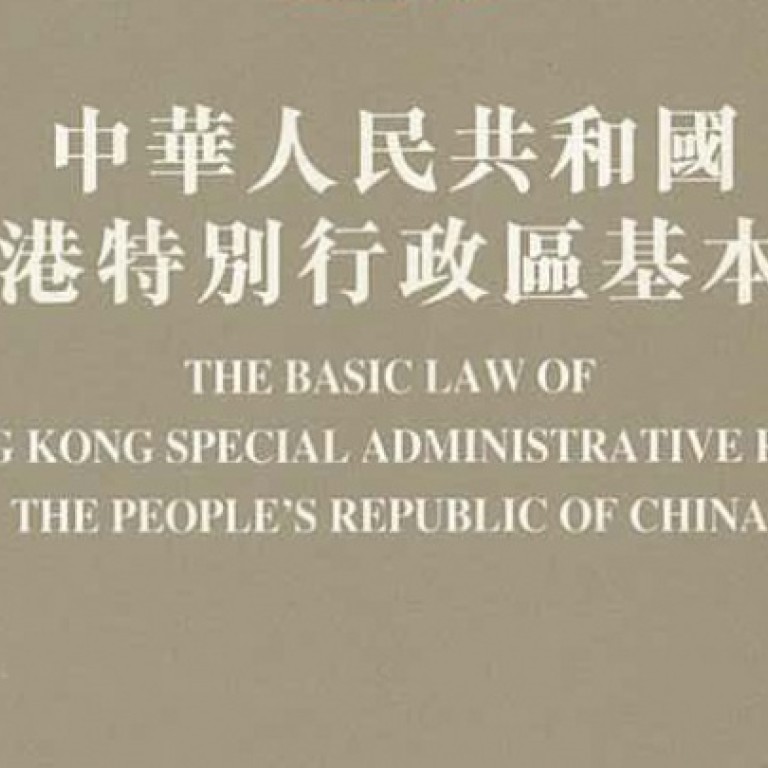
History key to Basic Law disputes
The successful drafting and the promulgation of the Basic Law in 1990 would not have been possible without the concerted efforts of major stakeholders to reconcile seemingly irreconcilable views and seek a middle course among clashing ideologies.
It is no exaggeration to say that almost every clause of the Basic Law was the result of dedicated and professional elites going at it hammer and tongs, and then making their best attempt to find common ground in order to move forward.
The recent controversies over whether children born to mainland parents in Hong Kong and foreign domestic helpers should be given the right of abode epitomise the nature and character of the Basic Law.
When looking into the issue, one must bring into consideration an important factor, that is, the scope of Hong Kong's autonomy under the "one country, two systems" principle vis-à-vis the national sovereignty of the central government over its own territory.
One big challenge drafters of the Basic Law had to face back in the 1980s was the unfamiliarity of both sides with each other's legal systems.
Simply put, the Basic Law was a hybrid of perspectives representing different, and sometimes contrasting legal schools of thought, which stood out back then, and remain to this day.
In the face of the right-of-abode dispute, some mainland experts have suggested that Hong Kong seeks the National People's Congress Standing Committee's interpretation of the Basic Law's relevant clauses. However, it is a move that is often considered highly sensitive or even politically taboo in Hong Kong.
Neither the suggestion of amending the Basic Law nor seeking the NPC's interpretation can gain unanimous support from legal experts on both sides of the border.
This once again illustrates the fundamental differences in the legal mindset between the mainland and Hong Kong.
While debates and disputes over implementation of the Basic Law are likely to linger, they are nothing new. One should not forget the law itself came into being amid contrasting views, ideological differences and sometimes even political confrontations.
Also framers of the Basic Law back in the 1980s had a lot more hurdles and barriers to cross than we do today. Therefore, if they were able to overcome them back then, there is no reason why we cannot pull the same thing off now.

